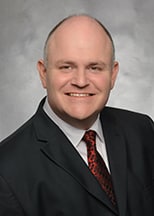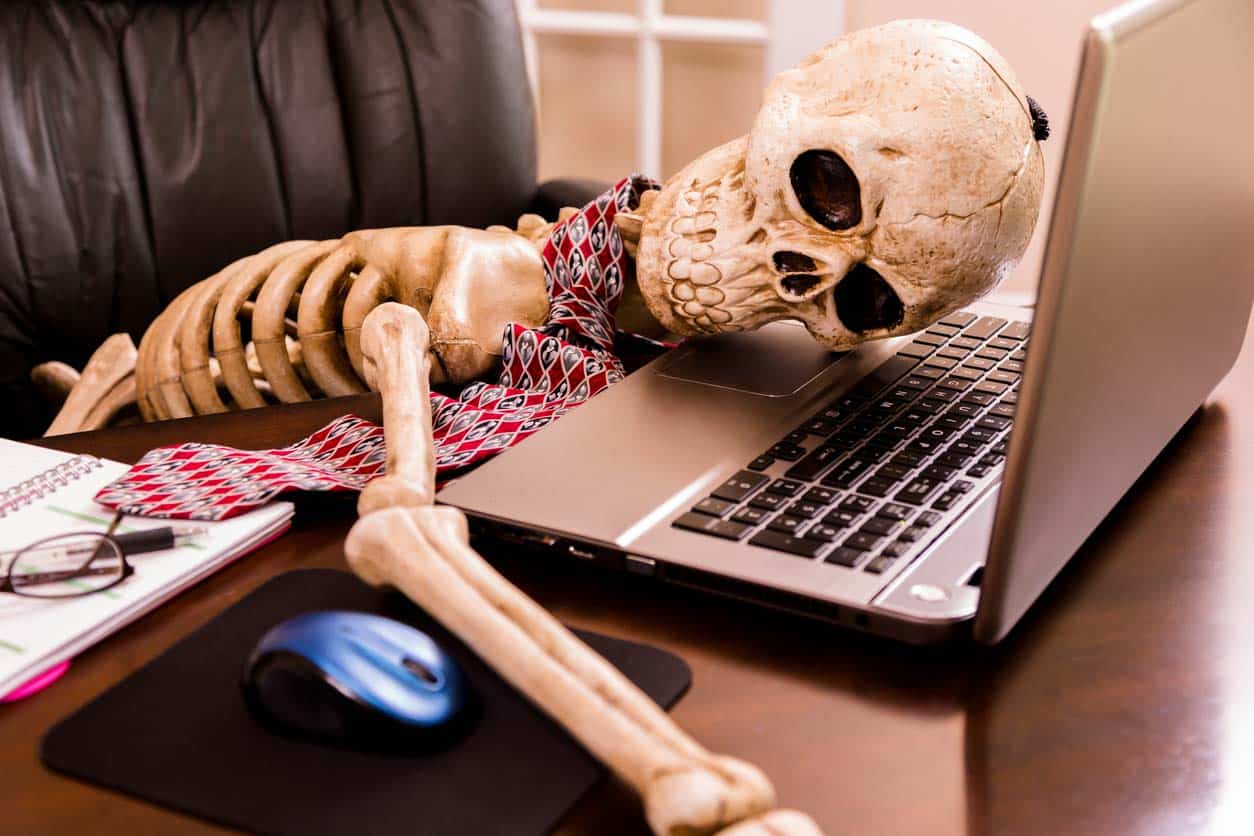By Robert A. Crook, Esq.
Halloween is fast approaching. This is the time when hordes of children—some dressed as ghosts, goblins and skeletons—go door-to-door in search of treats. Which makes this an appropriate time to ponder an unsettling question: What are the laws that regulate the possession and disposition of human remains?
Surprisingly, the question frequently arises. Some family closets literally hold skeletons once used for scientific and educational purposes. War trophies, fraternal ceremonial skulls, and the cremains (i.e. cremated remains) of long-dead relatives can be found tucked away in basements or attics, or sitting in urns on the mantelpiece.
Cemeteries and funeral homes are highly regulated regarding how they dispose of remains, but what about the public? This is an area of evolving law. California currently treats human remains much like personal property; human remains and specimens can be possessed, willed, and transferred to virtually anyone. However, there are important qualifications and exceptions.
Here’s what the law says:
Storing and shipping bodies of the recently deceased.
In California, a recently deceased body generally must be embalmed or refrigerated if final disposition will not occur within 24 hours. Moreover, if a body is to be shipped out of state, it must be embalmed or sealed in an approved container.
Burial, cremation and other disposition methods.
California also regulates the disposition of remains if they are to be buried or scattered. (California Health and Safety Code §8115, et seq.) While no law requires you to purchase a casket for burial or cremation (indeed, the law requires that funeral homes advise families that caskets are not required), bodies can only be buried in established cemeteries. Backyard burial is not permitted!
Since July of this year, in addition to burial and cremation, the state now also allows alkaline hydrolysis, a process that reduces remains to liquid and bone, as a more eco-friendly method of disposition than cremation. (California Business and Professions Code §8115, et seq.) California’s laws regarding scattering of remains are amongst the strictest in the nation. Cremains and those resulting from alkaline hydrolysis can only be placed in mausoleums, buried in established cemeteries, or kept by private individuals. This means that scattering of remains outside of a cemetery may be illegal. The exception to this is in areas where there is no local prohibition and there is written permission to do so from the owner or controller of the property.
What if you want to scatter remains at sea or in inland navigable waters? You can, but not while standing on the beach. In California, the law provides that the remains must be scattered at least 500 yards from shore when in inland waters. Under the Federal Clean Water Act, ocean scattering must be done at least three nautical miles from land.
Owning human bones.
What about the skull or skeleton grinning at you in your attic? California is like most states in that you can continue to be the caretaker for your decedent, unless the bones are Native American.
Under the Native American Graves Protection and Repatriation Act there are stiff penalties for possession of such remains, including 12 months imprisonment and a $100,000 fine for a first offense.
Be aware, though, that the possession of human remains in private and public hands is controversial. As the United States becomes more diverse in its religious practices, expect more conflicts between certain practitioners of Tantric Buddhism/Hinduism, Voodoo, Candomble, Santeria, Santa Muerte, etc. who use human bones in religious ceremonies, and those who find these practices offensive.
Treating human remains with dignity.
What is not so controversial is that these remains should be treated with the respect due all our common ancestors.
For those who find the retention of these remains in their homes as repugnant, discarding them outright should similarly be deemed unacceptable. Local coroner’s offices and mortuaries are good sources of information for dignified disposal of unwanted cremains and human skulls and skeletons. The embassies of Vietnam and Japan also accept repatriated war dead from the conflicts involving their military.
So a Happy Halloween to all, including our deceased predecessors, especially to those whose mortal remains continue to affect and define the laws in California and elsewhere.

He earned his Bachelor of Arts at the University of California, Los Angeles, magna cum laude and then acquired his Juris Doctor from the University of California, Hastings College of the Law. Mr. Crook is registered to practice in all California courts, the United States District Court (Eastern, Southern, and Central Districts), and the United States Court of Appeals (Ninth Circuit).
As part of his commitment to provide quality legal services to the community, Mr. Crook volunteers his time as an arbitrator and judge pro tem for the Los Angeles Superior Court. He is also on the Board of Directors and is a regular speaker for the Pasadena Society of Artists.

